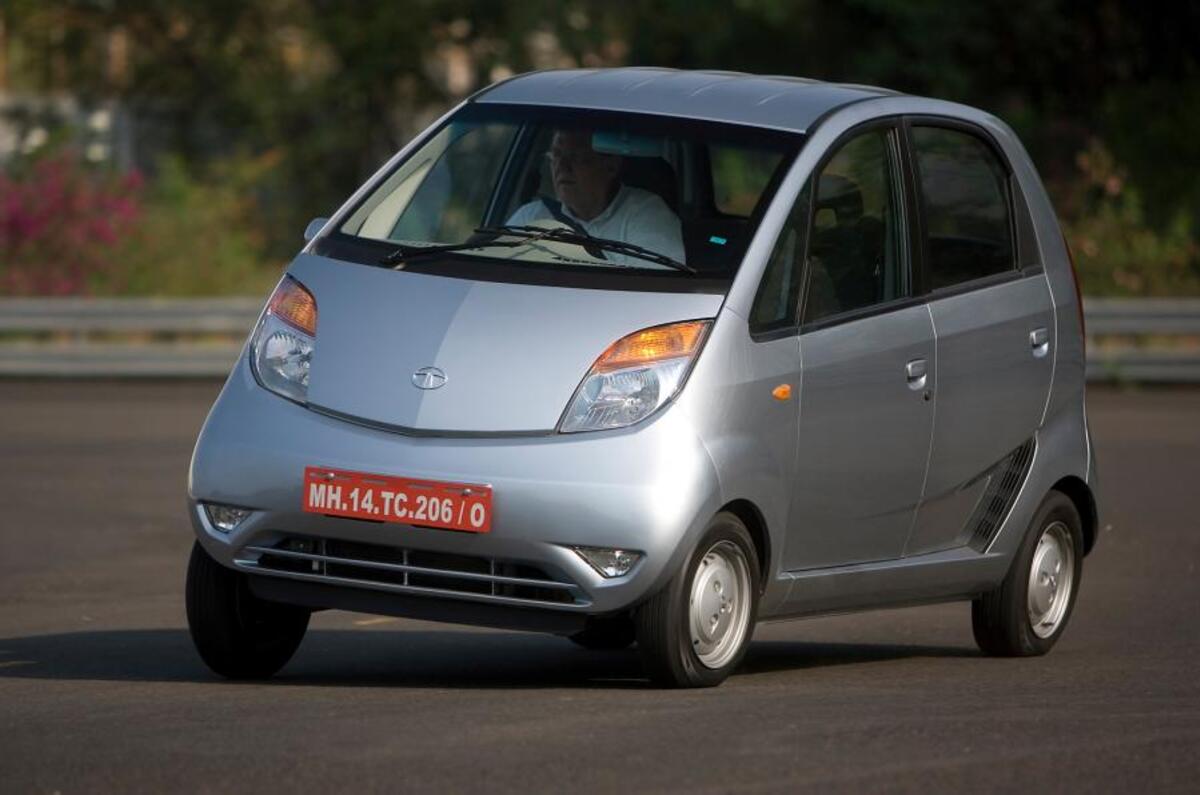The race to build the world’s cheapest car was once headline-grabbing stuff, with the world agog at what was possible for just a few thousand dollars.
For car makers, the opportunity to persuade buyers in emerging markets off motorbikes and into cars was cited as one of the greatest growth opportunities for the industry. Subsequently, cars like the Tata Nano, Datsun Go, Suzuki-Maruti Alto 800 and Chevrolet Aveo were born.
Yet almost as soon as they hit the market, the cars and their makers came under fire from safety lobby groups.
On one side you had car makers arguing, quite reasonably that anything with four wheels, bodywork and seatbelts was a step up in terms of safety for anyone coming off a moped or motorbike, on the other the lobbyists were pointing out that these bargain basement cars were missing safety kit that was considered essential elsewhere in the world.
On a personal level, I recall the storm blowing up after the Datsun and Suzuki-Maruti were branded “unsafe” by NCAP.
Then Nissan boss Andy Palmer went on the offensive, describing the criticism as “absurd” while global NCAP boss David Ward hit back by saying that the United Nations’s minimum crash standard was cheap to meet and should be applied as a minimum standard. The tit-for-tat war of words rolled on for a bit, and then stopped suddenly: word was that someone important had deemed it inappropriate to be waging an argument through the press.
Despite the relative silence, the situation has never gone away, and it blew up again recently when GM boss Mary Barra defended her company’s decision not to fit airbags to some cars the firm was selling in Latin America. A safety lobby had declared “that GM has known for nearly 10 years that the Aveo without any airbags provides inadequate crashworthiness and would be likely to fail the frontal impact regulations applied by either the United States or the European Union.”
Asked about the criticism, Barra said: “We're constantly looking to make our cars safer on all aspect. In many of those places, the technology is available and it's a customer choice if they want it. There are many cases where we are well above standards, but we also have to look at affordability otherwise you cut people out of even having the availability of transportation.”





Join the debate
Add your comment
Shame to TATA !
Nissan boss is right, this is simply absurd.
I think the point is, if you
An MIT study that shows exhaust fumes to be twice as deadly as road traffic accidents.
www.telegraph.co.uk/news/science/science-news/9209597/Exhaust-fumes-are-twice-as-deadly-as-roads-study-claims.html
Kings College Study regarding the 9.5k deaths caused by exhaust fumes a year in London.
www.theguardian.com/environment/2015/jul/15/nearly-9500-people-die-each-year-in-london-because-of-air-pollution-study
If only people like some on